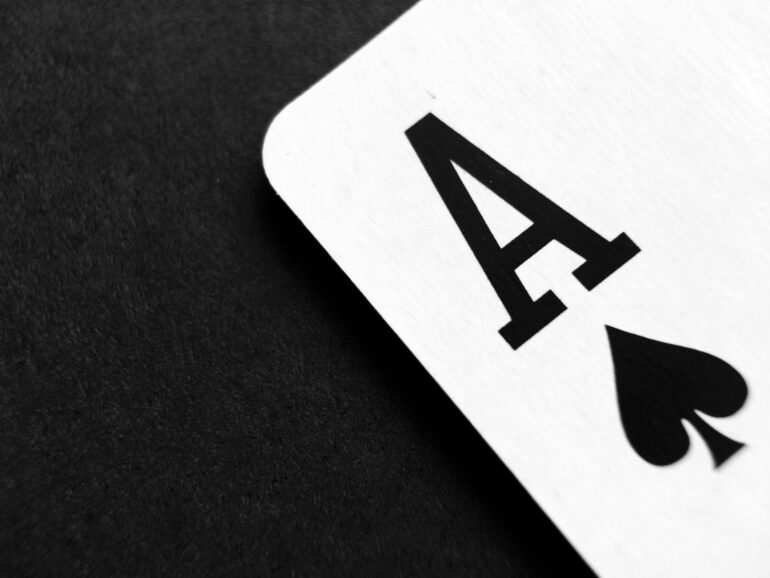Poker is an immensely popular card game in which players wager over which hand is better according to the rules of the specific game. Poker has several variations, can involve 2-14 players, and can be played at home, in casinos or poker clubs, or on the Internet. While poker is often called a game of chance, in reality, it is a multifaceted, skill-based activity that requires astute decision-making capability. The game combines qualitative and quantitative analytical expertise and incorporates elements of psychology, mathematics, statistics, and strategic decision-making.
Seasoned poker players can also draw parallels between the card game and real life. The idiom ‘playing the hand you are dealt’ implies we have to make the best of our circumstances, similar to playing our hand in the game of poker.
Similarities between real life and poker
The notion that playing poker is merely a ‘gamble’ is a fallacy; besides quick decision-making, it requires a comprehensive understanding of the complexities of human nature. Almost all poker strategies entail studying the opponents’ mannerisms and actions, along with learning the art of deception and probabilistic considerations.
Let us take a closer look at how the philosophical idea of ‘life imitating art’ can be applied to the game of poker.
Every hand cannot be won
Similar to real life, in poker, we cannot control what happens around us. While we do not have control over the cards we are dealt, what is in our control is how we respond to situations. Our actions and how we read situations dictate whether we progress in life or fall behind others in the pecking order. That said, you cannot win every battle. As the adage goes, you may not win every battle, but you must ensure that you win the war.
Thus, two of the key life lessons poker teaches us are to accept losses and make strategic decisions. We must learn from our mistakes, know when to back down, and inculcate rational decision-making to progress in our lives and careers.
Astute planning and decision-making
Sometimes, you will have to make decisions based on limited information. We often experience ‘analysis paralysis’, a phenomenon where we cannot make rational decisions due to overthinking and over-complicating an issue. While it is true that not all decisions provide optimal results, we must analyse a problem rationally and come up with a solution.
Additionally, planning is vital to achieving success. By staying two steps ahead of others, you can prepare yourself for various scenarios. Being proactive in life is usually better than being reactive, as you can often control the narrative.
Think long term
In poker, like in real life, it is important to have a long-term perspective. Fluctuations (also called variance) are a part of the journey; you will not be able to win every game. Similarly, in life, you will face several obstacles. The key here is to remain consistent and make well-informed decisions. You must make every adversity a life lesson and move forward.
Talk less, listen more
When playing poker, players have ‘tells’ — a change in someone’s behaviour or demeanour that gives away the strength of their hand. Seasoned players listen to these tells to devise strategies at the table. In real-life situations, you can build fulfilling and lasting relationships and foster meaningful connections by practising attentive listening. Instead of just striving to be interesting, you can genuinely become interested in others by listening to them attentively.
The power of observation
While playing poker, arguably the most important trait one must inculcate is observation. By keenly observing the other players, you can read subtle tells, such as lip quivers or trembling fingers. This can give you a significant edge, and most poker strategies involve being able to observe such tells and reacting to them.
Similarly, by observing people in everyday life, you can pick up on cues that enable you to assist or support them. Communication is 55% non-verbal, while only 7% is through the use of words. What this implies is that by reading someone’s body language, facial expressions, and unspoken cues, you can understand their predicament and react accordingly. Just by observing someone and responding to them empathetically, you can become a more compassionate individual.
These are just some of the life lessons poker teaches us. It is crucial to remember that your decisions shape your destiny. You shouldn’t get flustered or bogged down by failure; instead, you can use it as a stepping stone to success. By staying resilient, listening to others, and observing people’s behaviour, you can succeed in life and achieve your goals.
